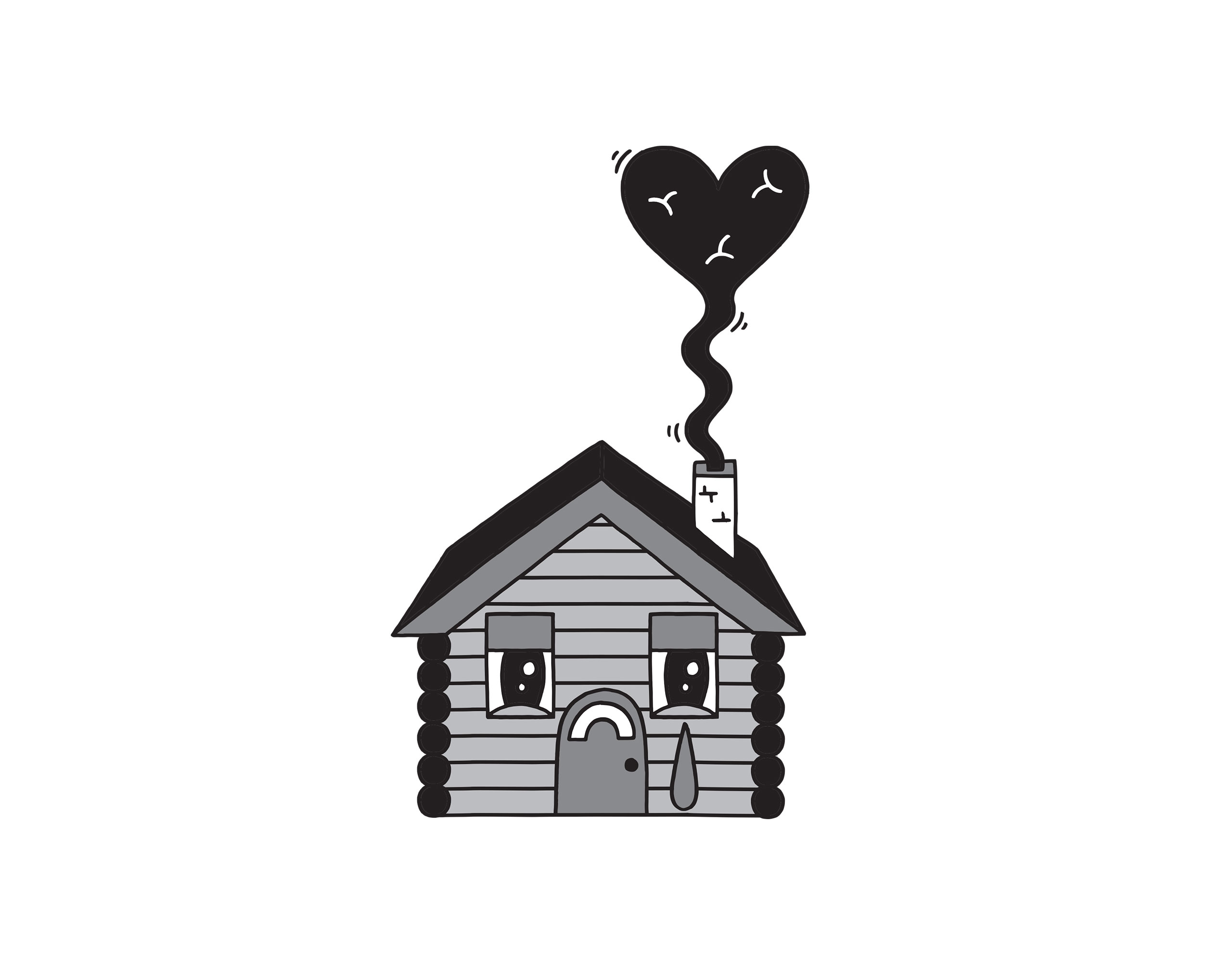‘Now Only’ is a different beast. It’s after the wake, when the guests have given their condolences and walked out the door. It’s living on after the death of a loved one, dealing with the absurdity of it all quietly, as their memory distorts, flickering through less frequently. For many, the reality of death takes much longer to hit. We live in a surreal existence, waiting for the loved one to walk through the door, seeing them as real in our dreams. When that feeling settles, and we know it’s not the case, death is just absurd.
‘Now Only’ is that experience translated on record. To know Elverum is a real person is crushing. “This is what my life is like now,” he sighs in the album’s bleakest breath. For many, including himself according to a Pitchfork interview, the album barely qualifies as music. The songs are stripped of a protective layer of artifice that can often provide a comforting distance. The usual songwriting formalities are stripped away. Elverum’s unfussy guitar playing colours lyrics with new shades of light, quietly guiding the listener to the places he describes with such vivid detail, into his frame of mind.
Throughout the album, he struggles with the realisation that Geneviève’s true nature is gone, his attempts to recreate her failing because of the distance time has created between them. His memory changes constantly. The album is as much about the purpose of art as anything else.
Rating ‘Now Only’ seems wrong. Even calling it a masterpiece feels like taking an individual’s honest grief and holding it up as a cultural artefact. It’s important to recognise that these songs and these relationships don’t ‘belong’ to us, even if Elverum is boldly sharing them. But Elverum offered his thoughts on this late stage of grief with such clarity. The scariest thing about grief is when it’s gone, and you’re left alone. Even though these situations are so outside of my own, hearing someone else capture that ludicrous hollowing of grief brought me comfort, reassurance, and clarity. I’m crying about my dad’s death at three in the morning, lighter than I was before.
